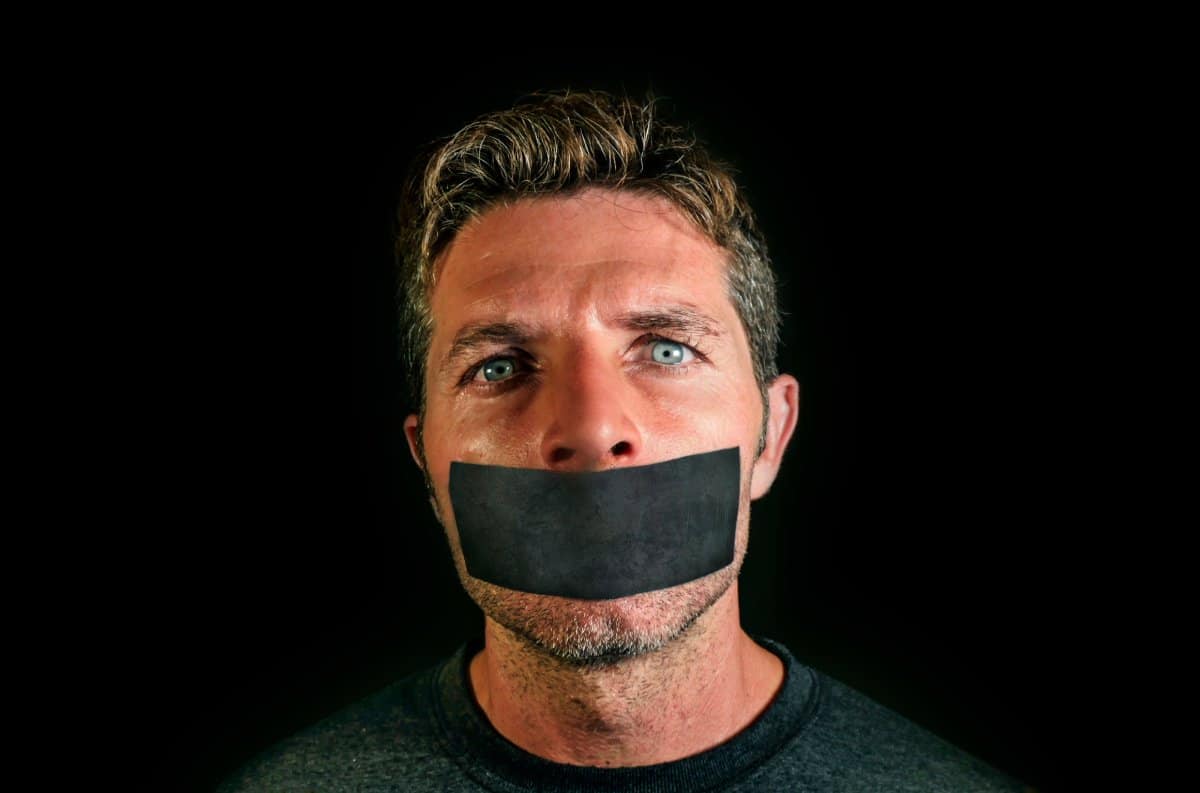Remember the days when you could freely discuss just about anything without fear of sparking controversy? Well, those days are long gone. In today’s hyper-sensitive world, there are topics so fraught with tension that even mentioning them can lead to heated debates and hurt feelings. Let’s take a look at 25 things you simply can’t talk about anymore without tiptoeing through a minefield of political correctness, heated arguments and hurt feelings.
1. Gender Roles
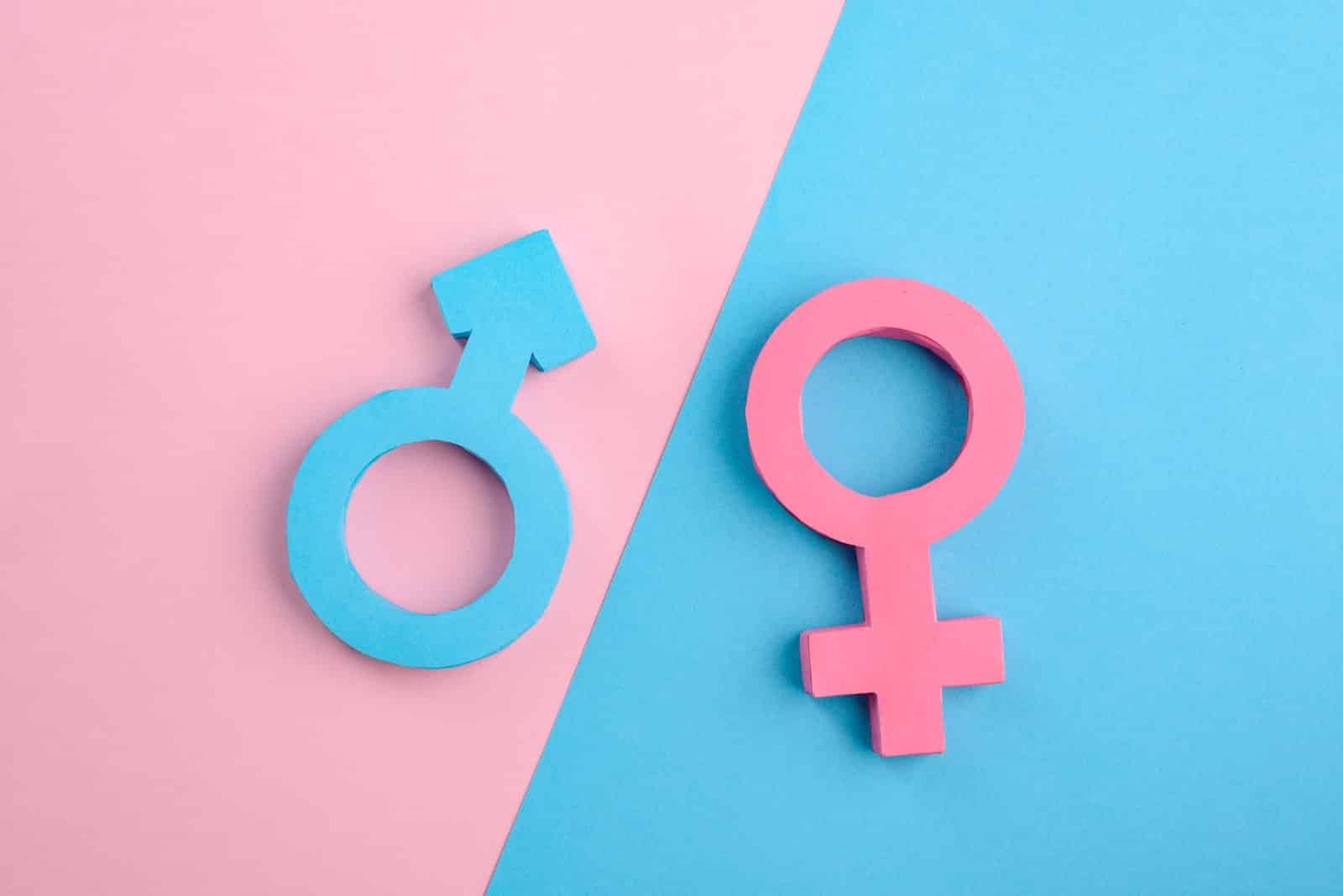
Gone are the days of assuming traditional gender roles without raising eyebrows. Today, discussions about gender identity and expression require sensitivity and awareness of diverse perspectives.
2. Religion
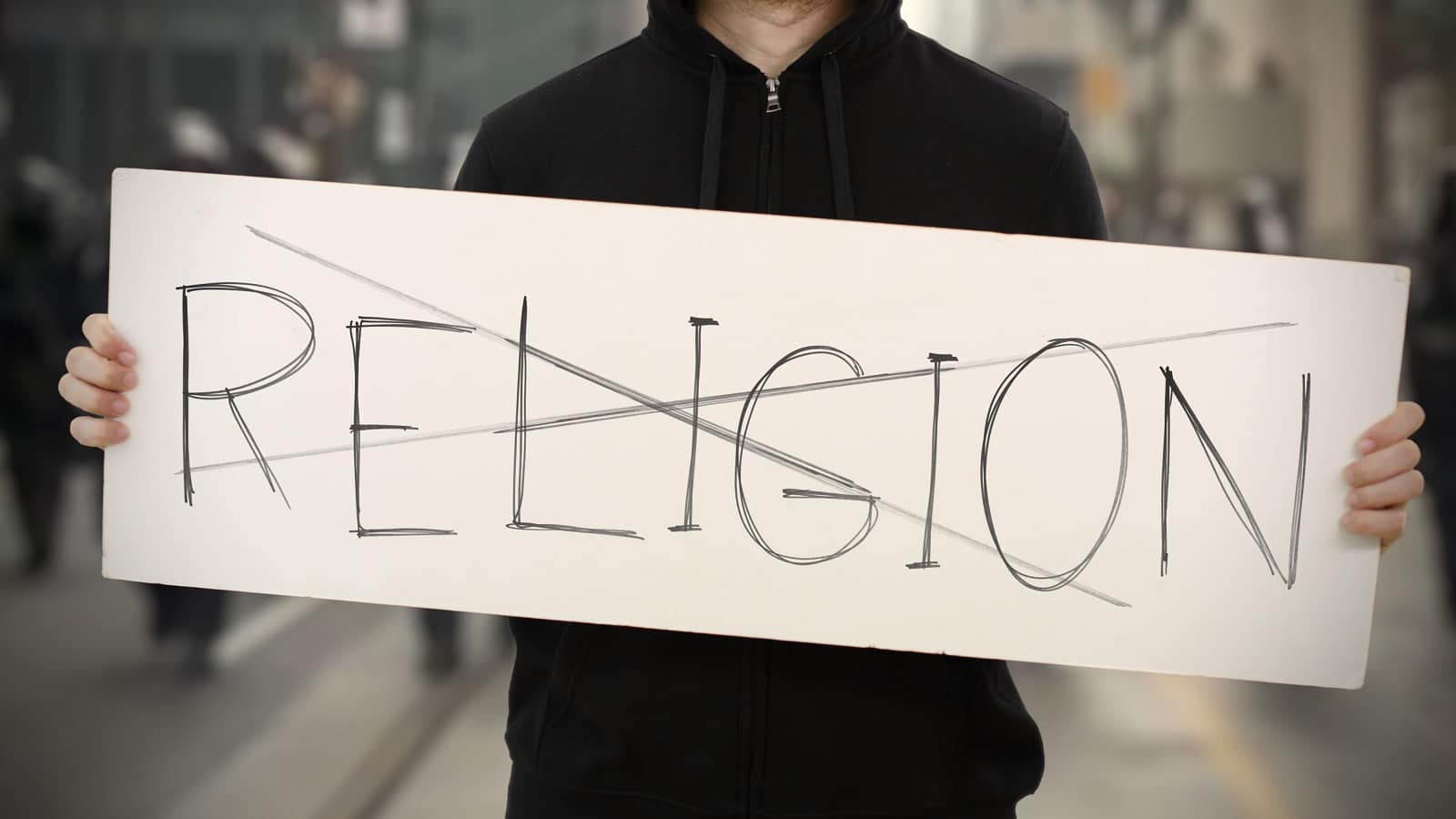
Religion, once a cornerstone of societal discourse, has become a touchy subject fraught with potential for offense. In our increasingly secular society, discussing religious beliefs can quickly turn into a minefield of differing opinions and deeply-held convictions.
3. Race

While race has always been a sensitive topic, discussions about racial identity and systemic racism have become particularly charged in recent years. Navigating conversations about race requires nuance, empathy, and a willingness to confront uncomfortable truths.
4. Politics
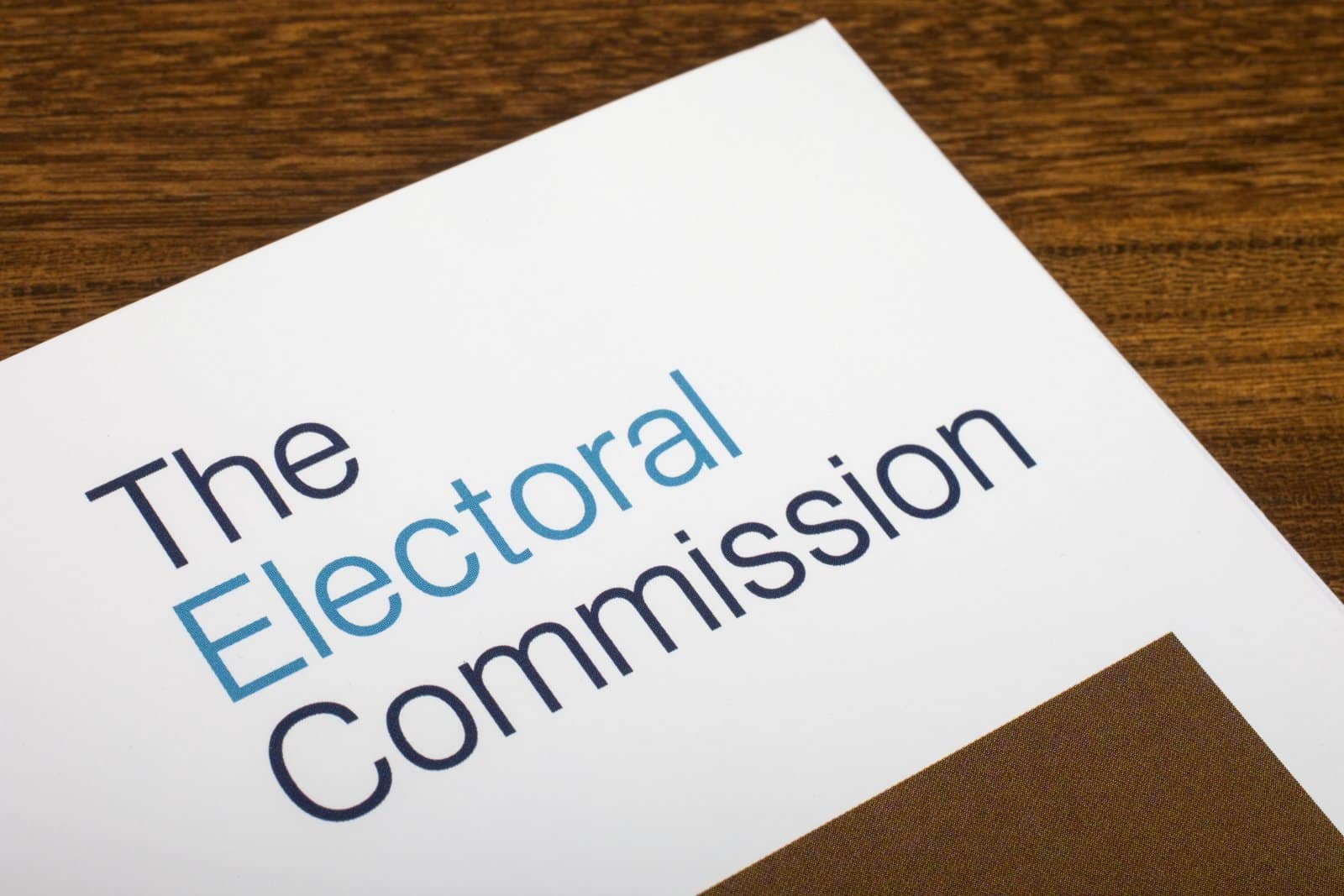
With polarized political landscapes around the world, discussing politics has become a minefield of conflicting ideologies and entrenched beliefs. Gone are the days of civil discourse; now, even mentioning a political affiliation can lead to heated arguments and fractured relationships.
5. Cultural Appropriation

What was once seen as homage to other cultures is now often viewed as cultural appropriation—a hot-button issue that can quickly escalate into accusations of insensitivity and disrespect.
6. Mental Health

While awareness of mental health issues has increased in recent years, discussing personal struggles or seeking support still carries a stigma for many. Navigating conversations about mental health requires empathy, understanding, and a willingness to listen without judgment.
7. Climate Change

The science is clear: climate change is real and urgent action is needed. However, discussing climate change can still lead to heated debates and accusations of alarmism or denial, making it a challenging topic to broach in many circles.
8. Income Inequality

The gap between the rich and the poor has widened significantly in recent years, yet discussing income inequality can still be met with resistance or accusations of envy or socialism.
9. LGBTQ+ Rights
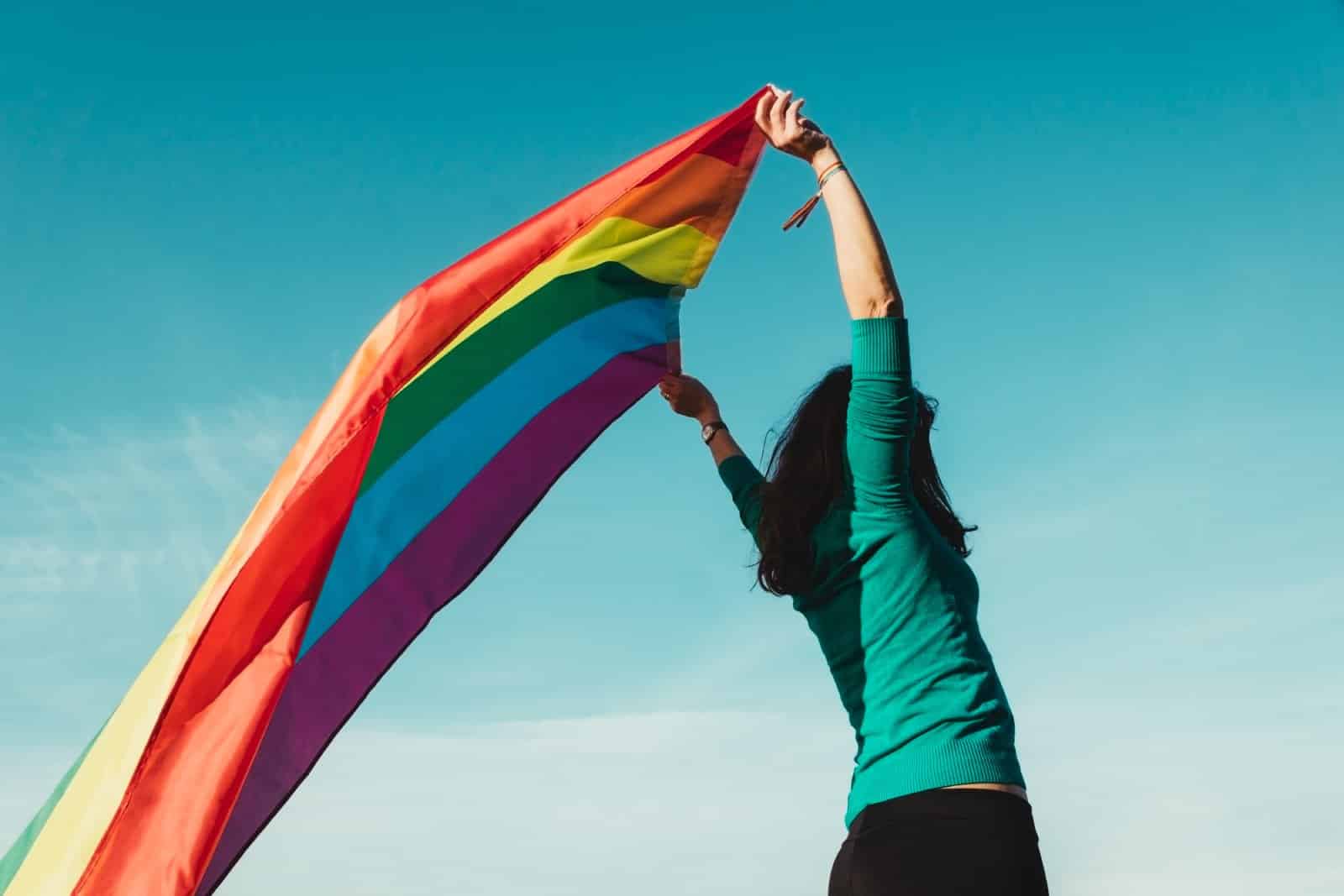
While progress has been made in advancing LGBTQ+ rights, discussions about issues such as marriage equality, transgender rights, and discrimination can provoke strong reactions and backlash from those opposed to equality.
10. Gun Control
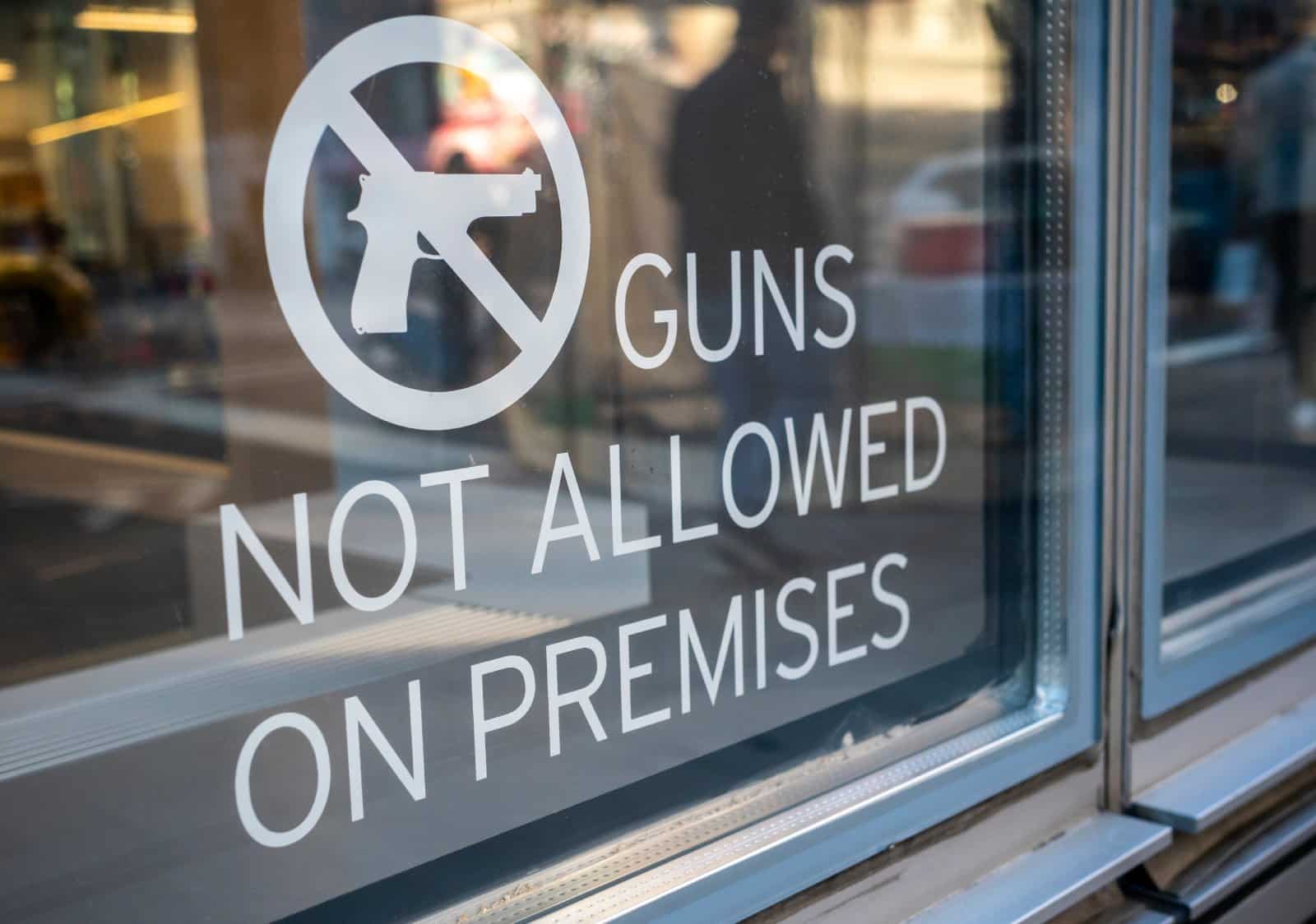
In countries where gun violence is prevalent, discussions about gun control can quickly become heated and polarized, with advocates on both sides passionately defending their positions.
11. Abortion
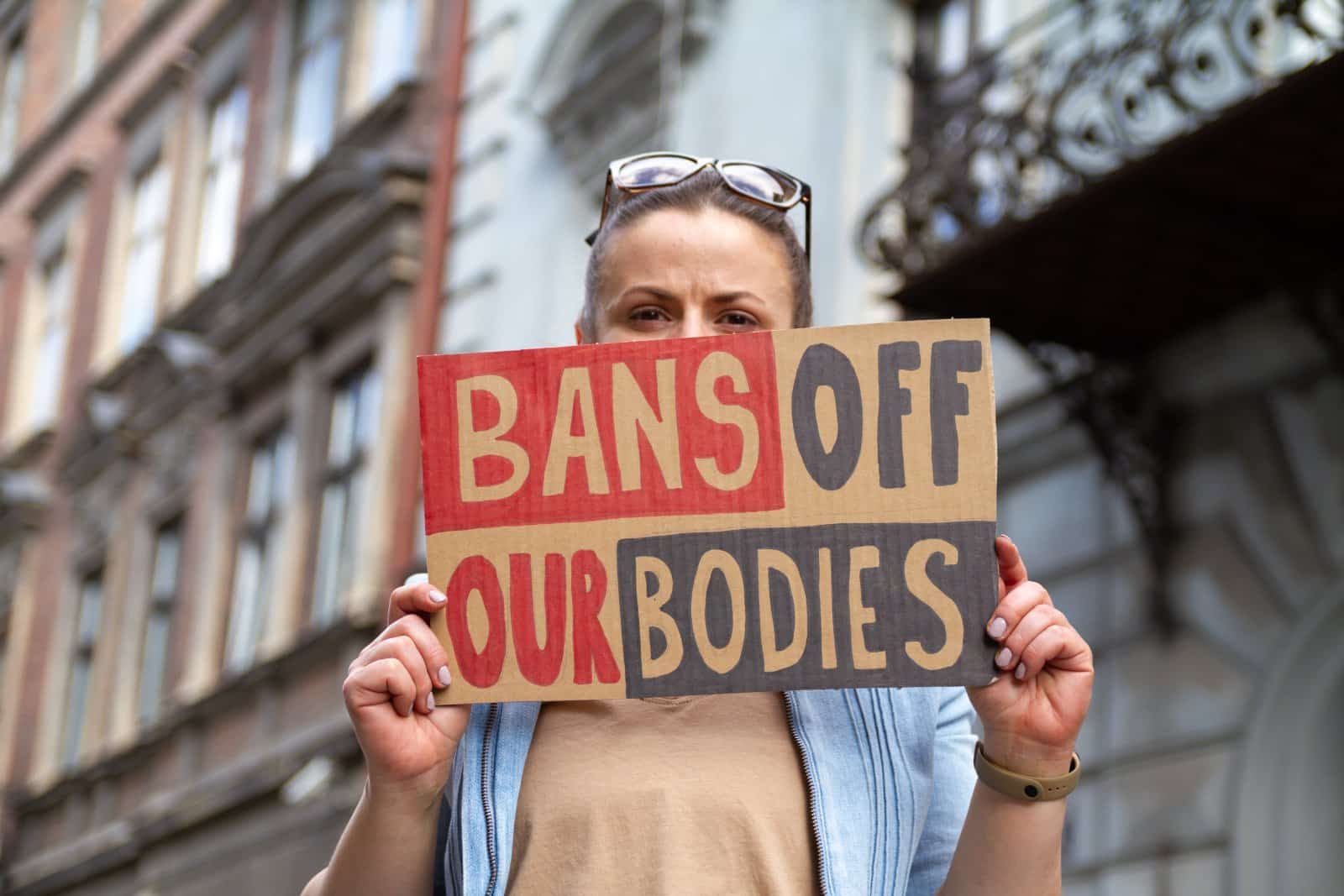
The debate over abortion rights remains deeply divisive, with discussions often devolving into arguments about morality, religion, and personal autonomy.
12. Immigration
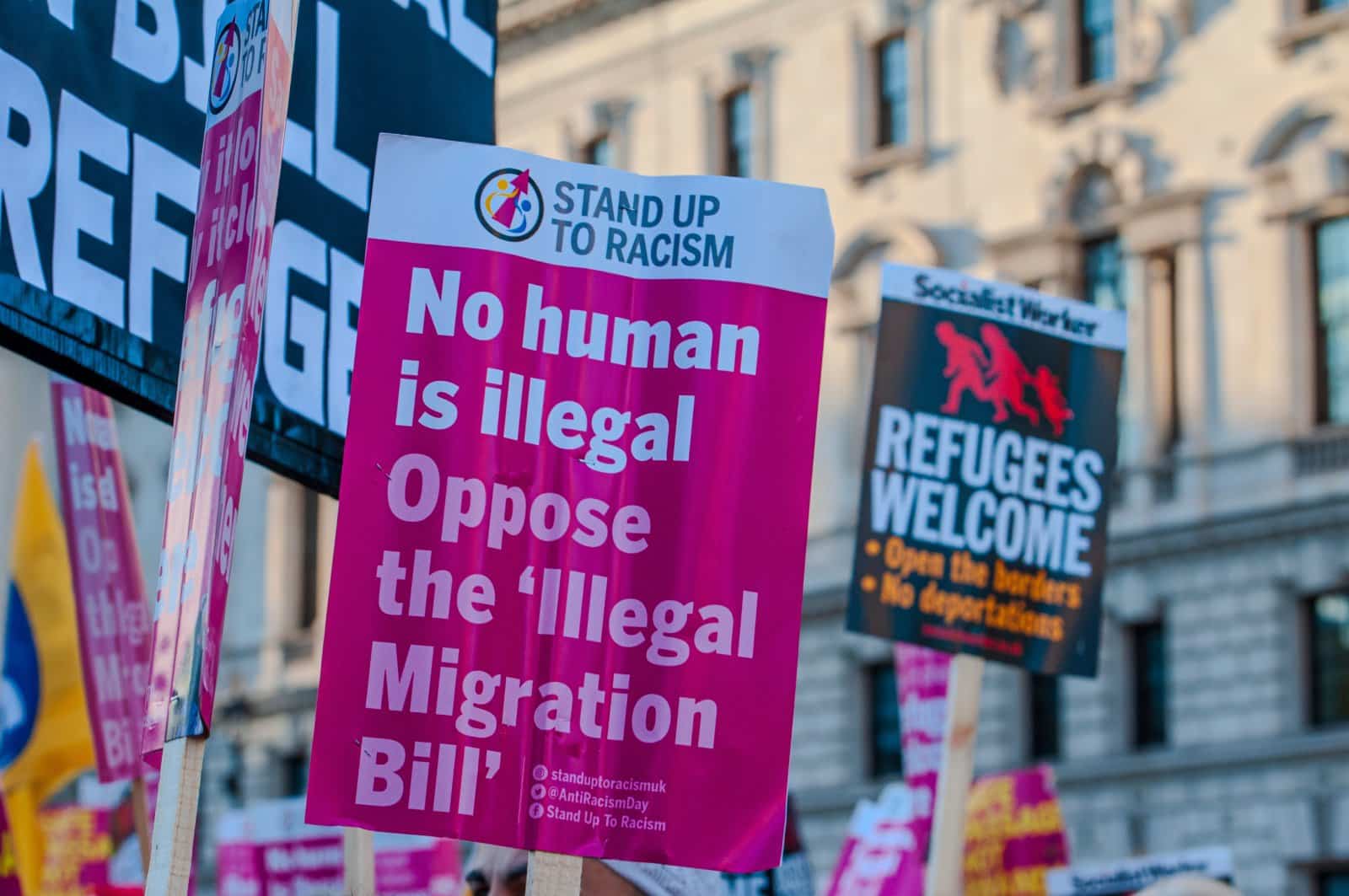
With increasing global migration and heightened political tensions, discussions about immigration policy can quickly turn contentious, with accusations of xenophobia or naivety.
13. Vaccinations

Despite overwhelming scientific evidence supporting the safety and efficacy of vaccines, discussions about vaccinations can still provoke strong emotions and conspiracy theories, making it a fraught topic for many.
14. Body Image

In a society obsessed with appearance and beauty standards, discussions about body image can quickly become fraught with insecurity, comparison, and judgment.
15. Sexuality
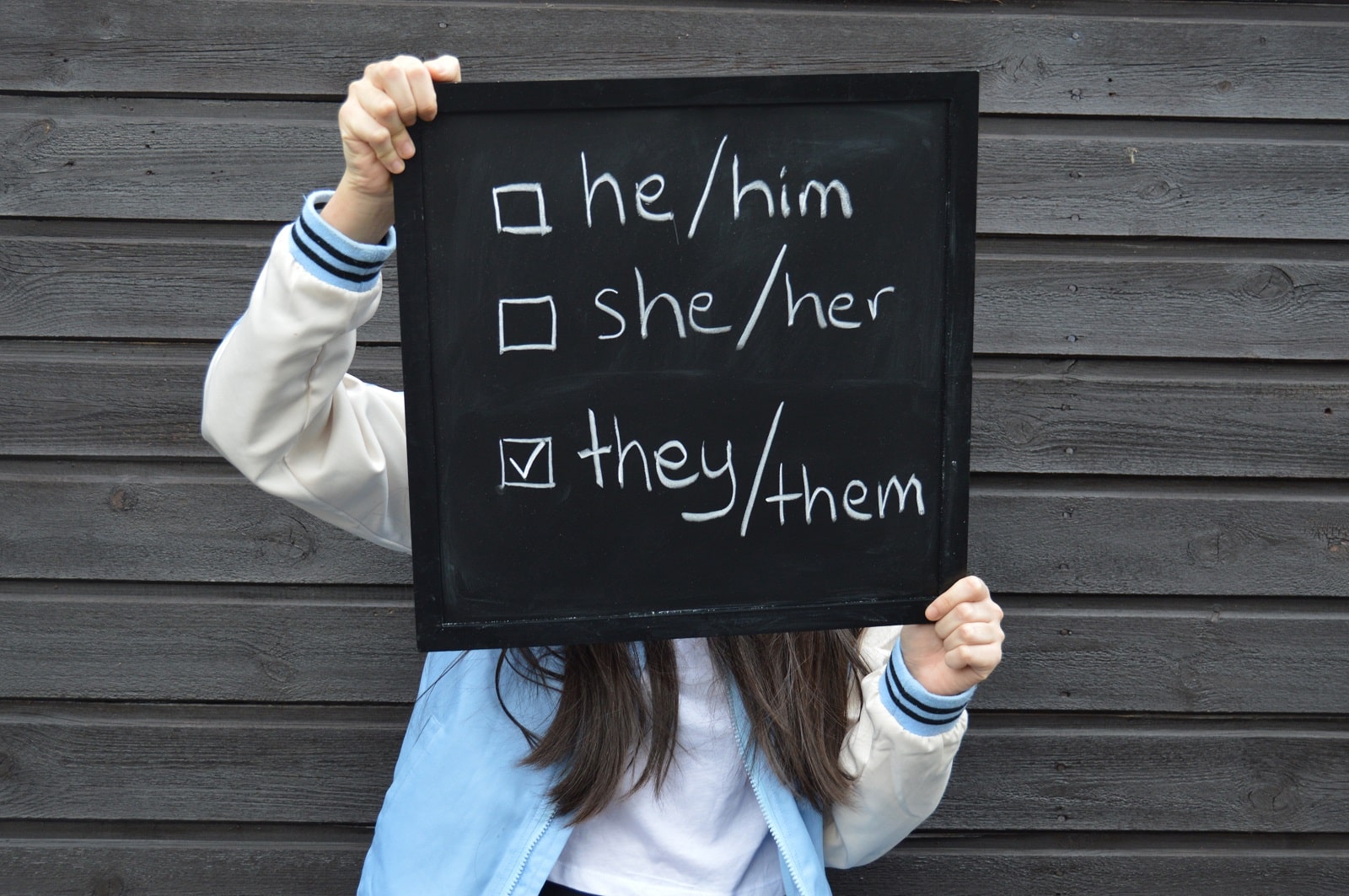
Despite growing acceptance of diverse sexual orientations and identities, discussions about sexuality can still be met with discomfort, prejudice, or outdated stereotypes.
16. Ageism

While ageism may not receive as much attention as other forms of discrimination, discussions about age and aging can still be met with stereotypes, prejudice, and discrimination in many contexts.
17. Terrorism

In the wake of global terrorist attacks, discussions about terrorism can quickly become polarized, with accusations of Islamophobia, racism, or political correctness stifling meaningful dialogue.
18. Freedom of Speech

Ironically, discussions about freedom of speech can themselves become contentious, with debates about censorship, hate speech, and the limits of expression dividing opinion.
19. Disability Rights
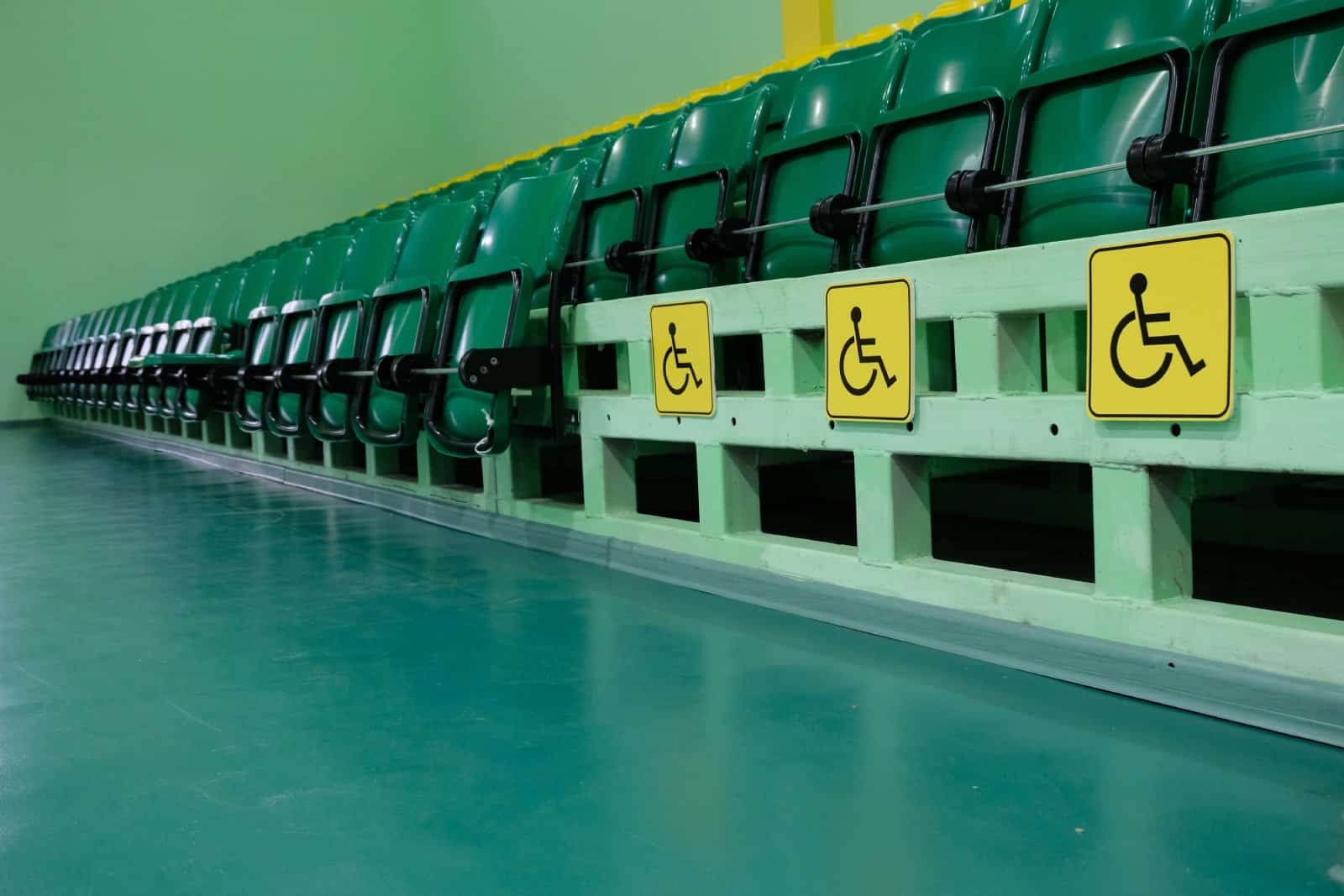
Despite progress in advancing disability rights, discussions about accessibility, accommodations, and inclusion can still be met with ignorance, ableism, or indifference.
20. Animal Rights

With growing awareness of animal welfare issues, discussions about animal rights can quickly become heated, with accusations of hypocrisy or moral superiority flying from both sides of the debate.
21. Cultural Sensitivity

As our world becomes increasingly interconnected, discussions about cultural sensitivity and respect for different traditions and customs can quickly turn into accusations of cultural imperialism or ignorance.
22. Drug Legalization

Despite shifting attitudes towards drug policy, discussions about drug legalization can still provoke strong reactions and moral judgments, with accusations of recklessness or authoritarianism from both sides of the debate.
23. Education Reform

In an increasingly competitive and unequal education system, discussions about education reform can quickly become politicized, with accusations of elitism or incompetence stifling meaningful dialogue.
24. End-of-Life Care

Despite growing acceptance of discussions about death and dying, conversations about end-of-life care can still be met with discomfort, denial, or fear in many circles.
25. Social Justice Movements

While social justice movements have made significant strides in advancing equality and justice, discussions about activism, privilege, and allyship can provoke strong reactions and accusations of virtue signaling or performative activism.
Navigating the Minefield of Modern Discourse

As we navigate the complexities of modern discourse, it’s essential to approach sensitive topics with empathy, understanding, and a willingness to listen. While discussions may be challenging, they also present opportunities for growth, learning, and meaningful change. So, let’s embrace the discomfort and engage in dialogue that fosters understanding, empathy, and progress.
The post Unspoken Ban: 25 Topics You Can’t Discuss Anymore first appeared on Swift Feed.
Featured Image Credit: Shutterstock / TheVisualsYouNeed.

